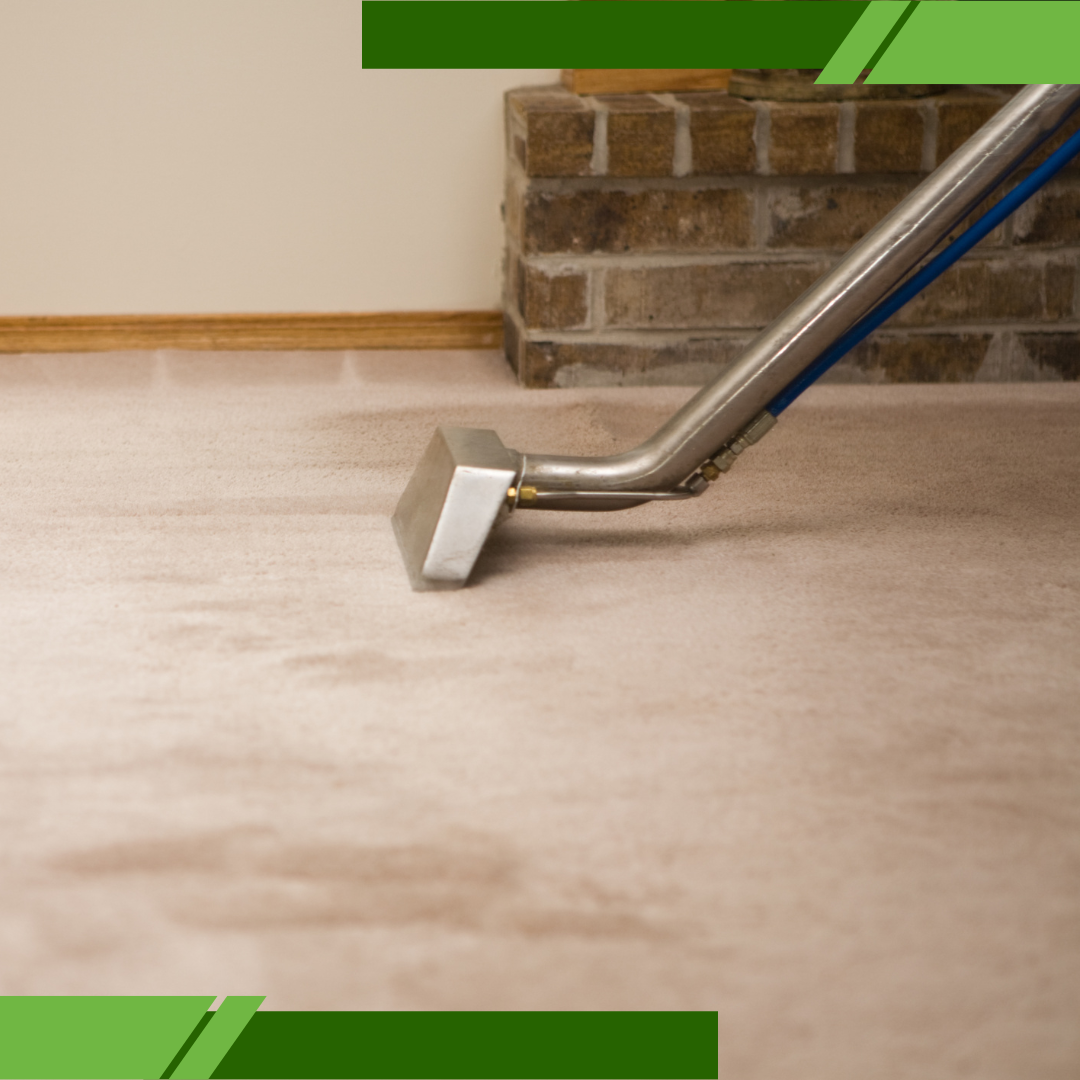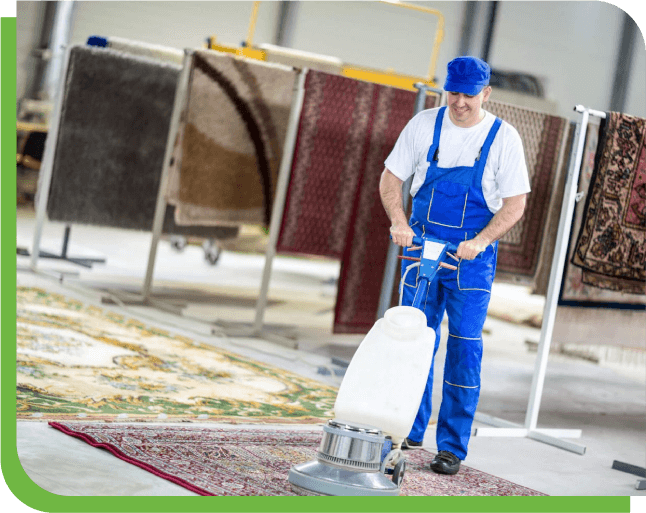Get in touch
Fill this up to proceed

We are committed to providing a world-class carpet, rug, upholstery, drapery or mattress cleaning services that will open your door to a happier and healthier green indoor environment.
When people talk about creating a cozy home, most think about furniture, lighting, or even wall colors. But one detail often slips through the cracks: the floor beneath our feet. Floors don’t just carry our weight; they shape the way a room sounds and feels. From the hush of a soft carpet to the echo of a tiled hall, every choice underfoot changes how a home speaks back to us. In fact, learning how the hidden impact of flooring affects home acoustics reveals surprising truths about everyday comfort.
Most homeowners notice sound bouncing differently from room to room, but they rarely stop to ask why. Flooring is often the quiet influencer, setting the tone for warmth, privacy, and even relaxation. For example, often showcase sleek wood or marble floors that look stunning but also alter sound in ways many never expect. Let’s explore seven clear insights that show why your flooring choice matters more than you think.
Imagine stepping into a living room with hardwood floors. Your footsteps echo clearly, conversations carry farther, and even small noises seem sharper. Switch that floor to thick carpet, and suddenly the same room feels hushed, almost like someone turned down the volume. This shift explains how the hidden impact of flooring affects home acoustics.
This is why families who live in multi-level homes often complain about noise from upstairs. Floors without padding act like drums, carrying every step through the house.
For homeowners who want professional help in maintaining these materials, visiting expert carpet care services can ensure the flooring stays beautiful and functional while supporting better acoustics.

People usually connect comfort to softness or warmth, but flooring also affects the way we experience peace in a room. Living rooms with large windows often feature hard surfaces that let in both light and echo. While beautiful, these homes can feel less restful because sounds linger longer. Understanding how the hidden impact of flooring affects home acoustics explains why some rooms never feel as calm as others, even with cozy furniture.
Think about these everyday experiences:
In each case, the type of floor quietly controls how comfortable the space feels. Homeowners who choose flooring that balances beauty and sound absorption often find daily life more relaxing. And for those seeking professional upkeep, options like Carpet Cleaning Beverly Hills ensure floors stay in top shape without losing that comfort factor.
When we think about privacy, walls and doors come to mind first. Yet flooring often determines whether a private moment stays private. A family in Beverly Hills may notice that conversations in the living room carry up to the bedrooms. That’s because flooring transmits vibrations and echoes, revealing how the hidden impact of flooring affects home acoustics.
Hard floors allow voices, music, and footsteps to travel with little resistance. In contrast, carpet or padded vinyl dampens noise, making it harder for sounds to escape one room into another. For families with children, teens, or even work-from-home parents, flooring directly influences how peaceful and private the home feels.
Comfort at home isn’t just about what we hear but also what we feel. Flooring plays a double role by influencing both acoustics and temperature. A cold tile floor can make a room feel less inviting, while a plush carpet not only keeps warmth but also softens sounds. Learning how the hidden impact of flooring affects home acoustics also reveals how it changes thermal comfort.
For example:

Even if homeowners don’t want to replace flooring, small adjustments can still change the sound of a room. Rugs, pads, and underlayment are silent heroes. They reduce echo, limit sound transfer between floors, and add comfort. This is another example of how the hidden impact of flooring affects home acoustics in subtle but powerful ways.
Adding a rug under the dining table, for instance, can stop chairs from scraping loudly while also preventing voices from bouncing around the room. In homes where hard flooring is non-negotiable for style, rugs become the bridge between design and comfort.
A single homeowner in Beverly Hills may love the sleek echo of polished stone, while a family with small kids may crave the softness of carpet. Flooring must match lifestyle, or daily life becomes harder than it needs to be. Understanding how the hidden impact of flooring affects home acoustics helps homeowners choose wisely before investing.
Some key considerations:
Remote workers: Quiet flooring is essential for video calls and focus.
Finally, flooring isn’t just about what you choose but how well you care for it. Dust, dirt, and buildup can change the way sound travels and the way a home feels. A dirty carpet, for example, loses some of its sound-absorbing qualities, while scratched hardwood can creak and add unwanted noise.
This again demonstrates how the hidden impact of flooring affects home acoustics and comfort in the long run. Regular care not only preserves looks but also ensures the home continues to sound and feel inviting. Residents in Beverly Hills often turn to local cleaning experts to keep their homes elegant and acoustically balanced year after year.
Flooring does far more than cover space—it shapes sound, comfort, and privacy in every room. By understanding how the hidden impact of flooring affects home acoustics, homeowners can make smarter choices that improve everyday life. Whether it’s selecting the right material, adding rugs, or keeping floors well-maintained, the ground beneath us plays a bigger role in comfort than we realize. And in a place like Beverly Hills, where both style and relaxation matter, the right flooring choice can be the difference between a home that simply looks beautiful and one that truly feels like home.
If sounds echo or footsteps seem louder than expected, your flooring is likely reflecting sound. Softer materials like carpet or cork usually reduce this effect.
Carpet, cork, and vinyl absorb sound and minimize echo. Adding rugs or pads can also make a big difference.
Hard flooring without padding acts like a drum, sending vibrations downward. An underlayment or rug can reduce that noise transfer.
Yes, flooring affects how much sound escapes from one space to another. Softer floors absorb more noise, giving you better privacy.
Yes, dirt and wear change how flooring absorbs or reflects sound. Regular professional cleaning keeps both comfort and acoustics in check.

We are committed to providing a world-class carpet, rug, upholstery, drapery or mattress cleaning services that will open your door to a happier and healthier green indoor environment.
We are committed to providing a world-class carpet, rug, upholstery, drapery or mattress cleaning services that will open your door to a happier and healthier green indoor environment.